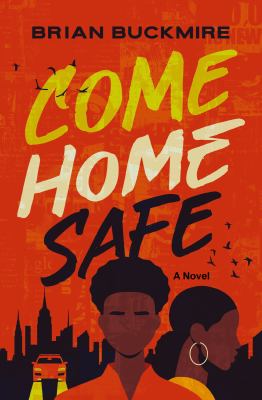His dad’s lessons echo in his head. If an officer is asking you a bunch of questions- questions about where you’re coming from, what you did or didn’t do, things like that- and you didn’t call the police or you’re not making a report because something happened to you … They probably believe you committed a crime. If they are asking you questions and expecting a response, they aren’t trying to “understand” what happened or “get both sides of the story,” like they’ll probably tell you they’re trying to do. It’s very likely that they suspect you are guilty, but they need you to confess to something or connect you to the crime. If you’re ever having this kind of conversation with an officer, there’s very little, if anything, you can say to that offer to change their mind. If they question you, make sure you understand the Reid technique.
Reed feels his pulse begin to race. They’re asking me questions so they can arrest me! But I didn’t do anything wrong. I didn’t commit a crime.
“We’re not going to ask again: let us see your ID, kid,” Officer Jefferies says, more forcefully than when Officer Bingham asked.
Comprehension Questions
1. Who advice is the protagonist thinking of in this passage?
A. His fathers
B. His mothers
C. His brothers
A. Three
B. Four
C. Two
Your Thoughts
Vocabulary
4. List any vocabulary words below.

